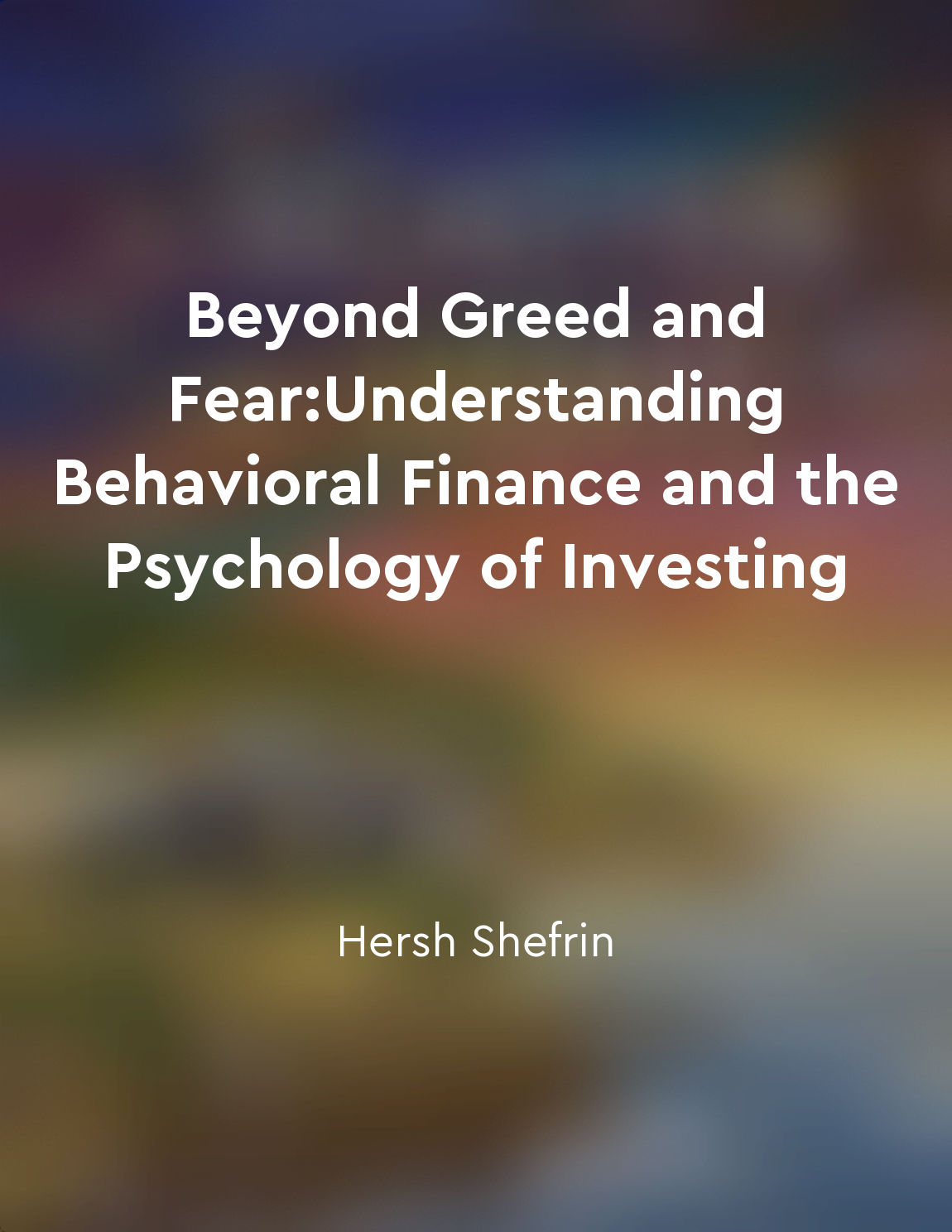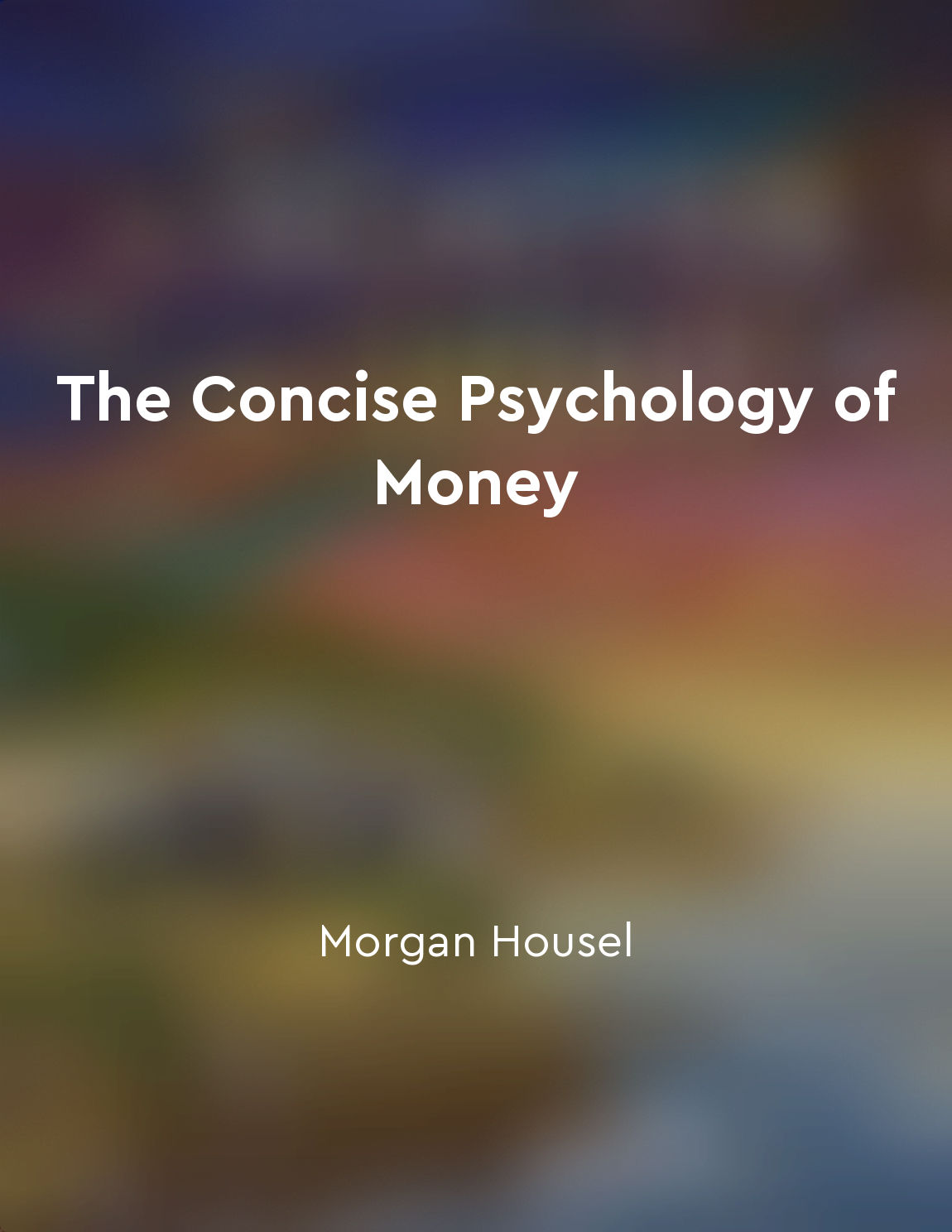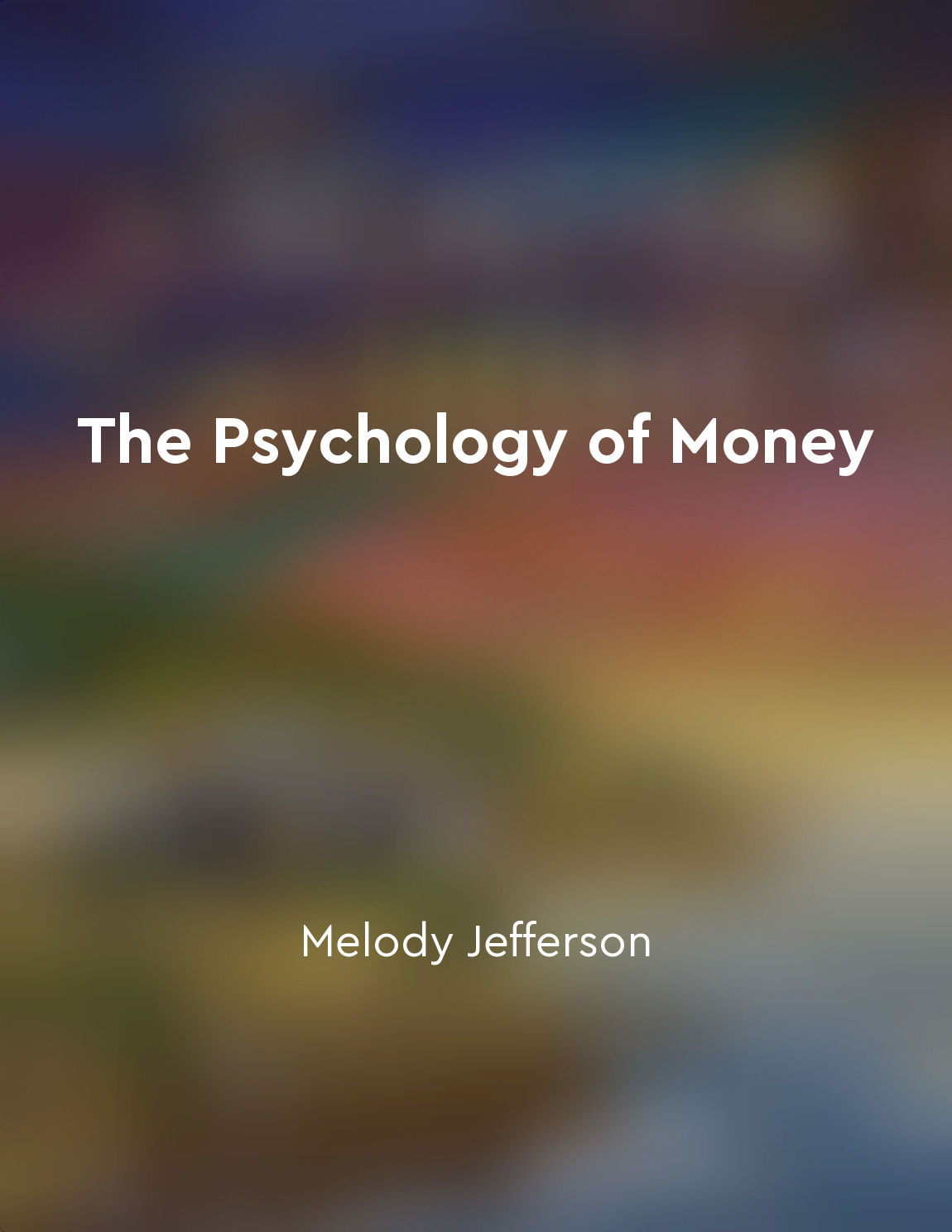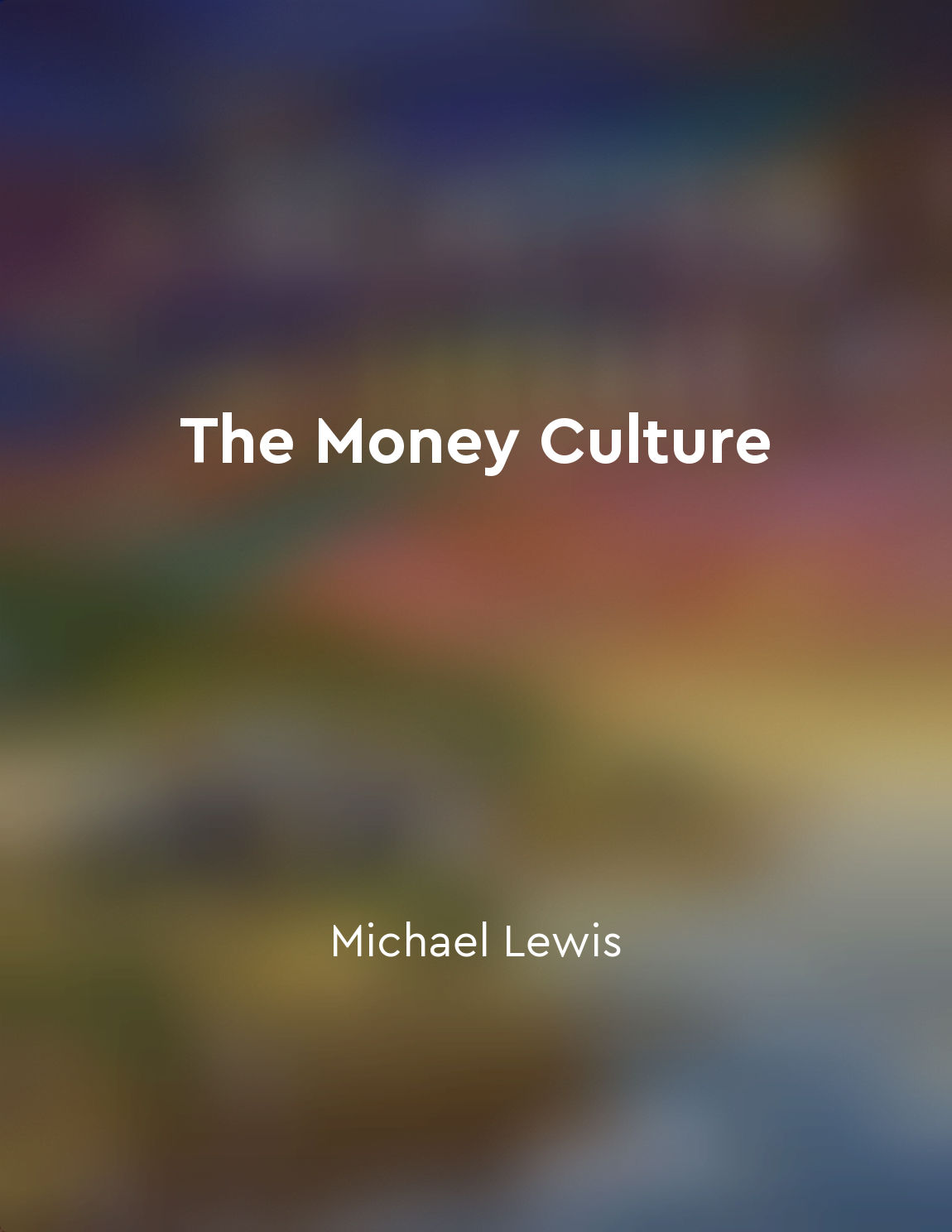Overconfidence blinds investors to the dangers of speculative manias from "summary" of A Short History of Financial Euphoria by John Kenneth Galbraith
The belief in one's own exceptional insight is a common feature of speculative manias. Investors become convinced that they possess a special understanding of the market that sets them apart from the average participant. This overconfidence leads them to ignore warning signs and dismiss the concerns of more cautious observers. As the mania gains momentum, the sense of invincibility grows stronger, and investors become increasingly detached from reality. In the midst of a speculative frenzy, investors are often blind to the dangers that lurk beneath the surface. They convince themselves that the rules of investing no longer apply, and that the usual risks can be safely ignored. This mindset allows the mania to take hold and reach unsustainable heights before eventually collapsing in a spectacular fashion. The overconfident investor is left shocked and bewildered, unable to comprehend how their brilliant strategy could have gone so wrong. The allure of easy money is a powerful force that can cloud judgment and lead to irrational decision-making. Investors in the grip of a speculative mania are motivated by the prospect of quick riches, and this desire blinds them to the inherent risks of their actions. They believe that they are immune to the laws of economics and that they can defy gravity indefinitely. This hubris ultimately proves to be their downfall, as the market corrects itself and reality comes crashing down. It is only in retrospect that the folly of the overconfident investor becomes apparent. The euphoria of the moment gives way to despair as losses mount and fortunes are wiped out. The lessons of history are forgotten, and the cycle of boom and bust repeats itself with alarming regularity. The overconfidence that blinds investors to the dangers of speculative manias is a timeless phenomenon that continues to wreak havoc on financial markets.Similar Posts
Cultivating a healthy relationship with money is paramount
It is essential to understand the significance of developing a positive and healthy relationship with money. This aspect holds ...

Emotion regulation strategies can help mitigate irrational behaviors
When it comes to investing, emotions can often cloud our judgment and lead to irrational behaviors. These irrational behaviors ...
Understanding individual money scripts is important
One must recognize the significance of understanding individual money scripts. These scripts are deeply ingrained beliefs and a...

The value of money is relative and can change based on our individual circumstances
Money's value is not set in stone; it is subjective and can fluctuate based on our unique circumstances. What may be considered...
Speculators borrowed heavily to invest
Speculation in common stocks had become virtually a national pastime. People of all ages and professions were caught up in the ...

Financial success is a result of habits, not luck
Financial success is a result of habits, not luck. This idea underscores the importance of consistent behaviors and actions in ...
Market inefficiencies can be exploited by savvy investors
The stock market is a place where investors buy and sell securities in the hopes of making a profit. However, not all investors...
Speculators borrowed heavily to invest
Speculation in common stocks had become virtually a national pastime. People of all ages and professions were caught up in the ...

Shortterm gains prioritize over long-term stability
The prevailing mentality in the financial world seems to revolve around the idea that immediate profits are of greater importan...

Illusion of control can cloud judgment in investing
The illusion of control can lead investors to overestimate their ability to predict the outcomes of their investments. When ind...
